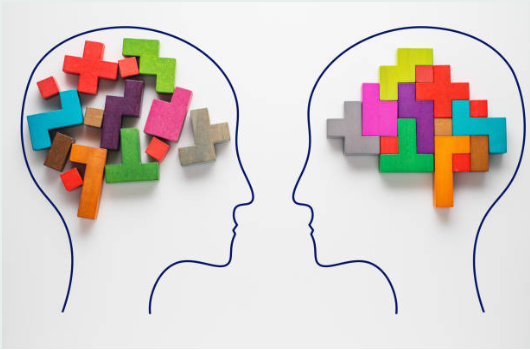Technology & Task Design
|
This research focuses on the design and development of technologically enhanced, multi-modal investigations that seek to balance conceptual development, procedural fluency, and contextual awareness. Task design research is an iterative process that seeks to develop and refine rich learning experiences. Digital technologies can encourage deeper understanding and more robust mathematical connections. |
Principal Investigator: Dr. Ami Mamolo
Funding Agency: SSHRC
Additional Team Members: Dr. Robyn Ruttenberg-Rozen, Dr. Diane Tepylo
Principal Investigator: Dr. Ami Mamolo
Funding Agency: SSHRC
Additional Team Members: Dr. Robyn Ruttenberg-Rozen, Dr. Diane Tepylo
Spatial Visual Reasoning
|
Spatial visual reasoning refers to the ability to imagine, picture, or mentally manipulate 2D and 3D figures. With a focus on spatial visual reasoning, task designers incorporate and network a variety of mathematical representations to foster connected and conceptual understanding. Dynamic geometry software offers interactive environments that foster diverse ways of reasoning conceptually with mathematics. Highlighted Article:
Click here to learn more. |
Digital Making & Data Visualization
|
Projects that include digital making are collaborative, student-centered learning experiences that emphasize problem-solving, resilience, creativity, and student agency. Data visualization has an important role to play in fostering student understanding as well as in facilitating mathematical communication. Learners can engage in making sense of the world and contributing back to it by combining data visualization and digital making.
Highlighted Article:
Click here to learn more. |
Socially Relevant Mathematics
|
Math explorations that are contextualized in issues of social justice are a means to respond to the needs of an increasingly diverse student population -- to make mathematics meaningful in multicultural classrooms, to close achievement gaps across classes, ethnicities and genders, and to improve student understanding of important world issues. Such explorations can also afford important opportunities to develop key mathematical processes and critical reasoning.
Highlighted Article:
Click here to learn more. |




